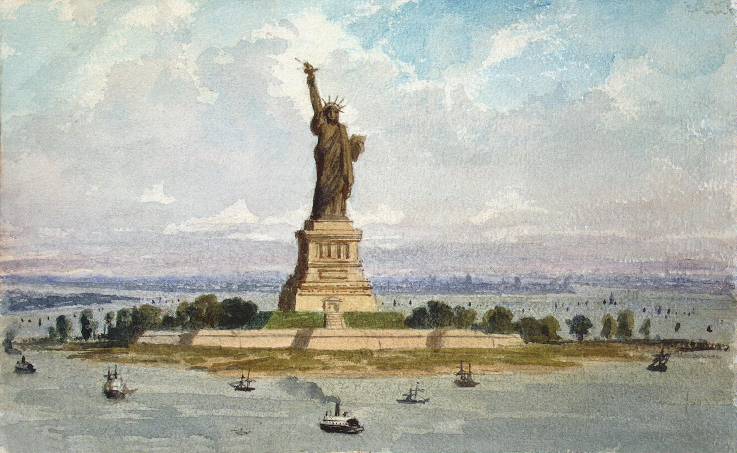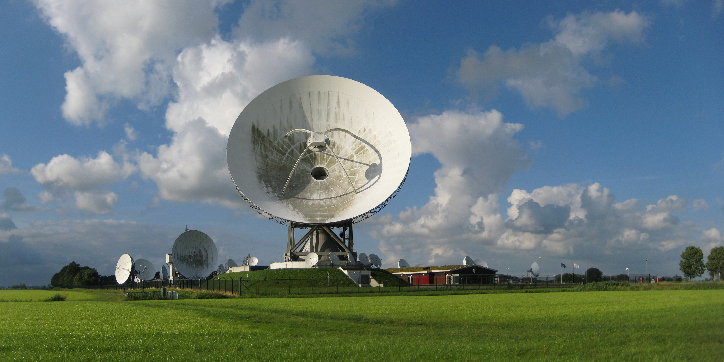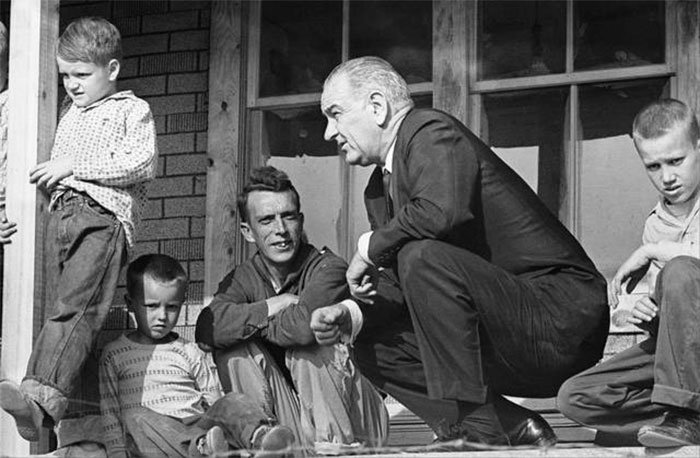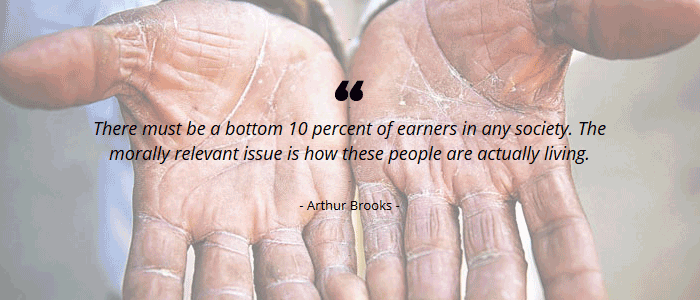How Do We Protect and Preserve Our Liberty?
The U.S. government was established on the foundation that liberty must be protected and preserved from tyrannical forces who would seek to impose their will on the individual.
Thomas Jefferson described the term liberty in the Declaration of Independence as “unobstructed action according to our will within limits drawn around us by the equal rights of others. I do not add ‘within the limits of the law’ because law is often but the tyrant’s will, and always so when it violates the rights of the individual.”
In modern day, liberty is defined as “the state of being free within society from oppressive restrictions imposed by authority on one’s way of life, behavior, or political views.”
Americans talk a lot about how to protect and preserve their liberty. People on both sides of the political aisle wish the same thing — for individuals to be endowed with all their natural rights. The challenge is over what the role of government should be in ensuring it.
For many, liberty means government keeping a light touch on how its citizens conduct their lives, businesses, and associations. Others argue that laws must be enacted to protect small groups of people who would otherwise be restricted to conduct their lives as they wish if left to conform to majority standards.
Self-determination is a key factor. So, is the role of government to ensure that all people are treated equally and free from societal encumbrances, or is the government’s role to guarantee that each individual has basic rights and it is up to the individual to exploit his or her own abilities to their fullest potential? Are these roles in contradiction, and why is it so difficult for the political left and right to agree on how to achieve liberty when they agree that it is a basic endowment?
TPOH explores the role and responsibility of government in ensuring liberty as it impacts Americans’ ability to work, express their faith, conform to regulations and policies, express their personal rights, experience physical security, explore opportunities, and pursue their mental and physical health.

Learn More About “Liberty”

‘By Any Means Necessary’ on an Upswing? How to Stop Campus Violence
A major uptick in violence on college campuses has been reported lately, concerning many over whether violence as a means of protest has returned to being in vogue after a long dormant state. Is there a way to put an end to campus violence? Former Sen. Jim Talent has some ideas.
read more
Intelligence on Wikileaks: Why Can’t America Trust Its Own Spies?
Whereas HUMINT can be kept under wraps, for the most part, because so few people are involved in the planning and execution, electronic intelligence is very difficult to manage secretively, even among members allegedly on the same team.
read more
The Dignity Deficit: Reclaiming Americans’ Sense of Purpose
The War on Poverty did not fail because it did not raise the daily caloric consumption of poor Americans. It failed because it did nothing significant to make poor Americans needed and thus help them gain a sense of dignity. It also got the U.S. government into the business of treating people left behind by economic change as liabilities to manage rather than as human assets to develop.
read more
Confessions of a Catholic Convert to Capitalism
Care for the vulnerable is not unique to one religion. All major philosophies share this goal, religious or otherwise. But how does religious belief intersect with capitalism? Many goodhearted people mistrust markets. They believe that free enterprise worsens...
read moreMore Stories
Zenefits CEO David Sacks on his bold bet: Less than 10% of employees accepted ‘The Offer’
Zenefits CEO David Sacks made a daring turnaround move after the departure of the company’s founder: An employee buyout offer for anyone didn’t feel he or she could get behind Sacks’ plan to save the company. How did it go?
Life After Prison: Try Ordering a Vente Skim Latte With Extra Foam
Imagine meeting a time traveler who ended up 24 years in the future, arriving in 2016. He doesn’t know how to use a cell phone, an electronic gas pump, a debit card. He has never sent an email, never used Google, never ordered a coffee at Starbucks. He feels...
How an Ex-Con Found His Self-Worth and Paid It Forward
Every once in a while, the security we feel is shattered by a hard truth, or an interaction with someone who takes us out of our comfort zone for better or worse. Bryan Kelley is one of those people.
Sentenced to life in prison for murdering a man in a drug deal gone bad, Kelley was released after 22 years. Why?
Could be what he discovered behind bars — a path to redemption and an opportunity not only for his own rehabilitation and recognition of self-worth, but also the ability to help numerous others as well.
Censorship at Facebook? Maybe Not. Intellectual Diversity? Maybe Not
Facebook has a tremendous opportunity to out-innovate old media models and win over customers who are hungry for ways to separate the signal from the noise. But questions of editorial oversight and — even more important — intellectual and ideological diversity within Silicon Valley remain important issues that deserve serious solutions.
Pew Report: 5 Differences Between Americans and Europeans
Yes, Americans and Europeans share a commitment to democratic principles, but differences between Americans and Europeans are notable when it comes to personal liberty and the individual’s role in achieving one’s own success. And while historically,...
Changing the Conversation on Criminal Justice
A Democratic administration, a major university’s criminal justice center, and a free-enterprise-focused think tank came together this week to discuss mass incarceration. This event might seem a little unusual since this kind of diverse collaboration is not exactly commonplace in Washington, DC.
But collaboration and open discussion are possible across the political spectrum, and it’s important to engage in good-faith dialogue and debate with colleagues of all views on crucial subjects.
Why Western Civilization Classes Are Not Passé
Can you answer the following questions? Who fought in the Peloponnesian War? Who taught Plato, and whom did Plato teach? Who was Saul of Tarsus? Why does the Magna Carta matter? What are one or two of the arguments made in Federalist 10? Hard questions, right? Maybe...
Our Dangerous Reality: There Are All Sorts of Threats America Must Prepare For
With the terrorist attacks in Paris, France and San Bernardino, California, Americans are increasingly concerned about the safety of their communities. Daily media reports about the spread of the Islamic State group, its infiltration of the refugees streaming out of...
Scalia on Principled Conservatism: Combining Creativity and Curiosity
America lost a patriot and unswerving advocate for constitutional government. There is no need for me to recap the basics of Supreme Court Justice Antonin Scalia’s amazing career. Instead, I’d like to focus on a few specific facets of his character. First and...
What Is the Fate of Traditional Religion in America?
What is the future of traditional religion in this country? This question is discussed constantly across America, from dinner tables to graduate seminars to think-tank conference centers. You may remember a 2015 Pew reportthat was advertised as bad news for...





